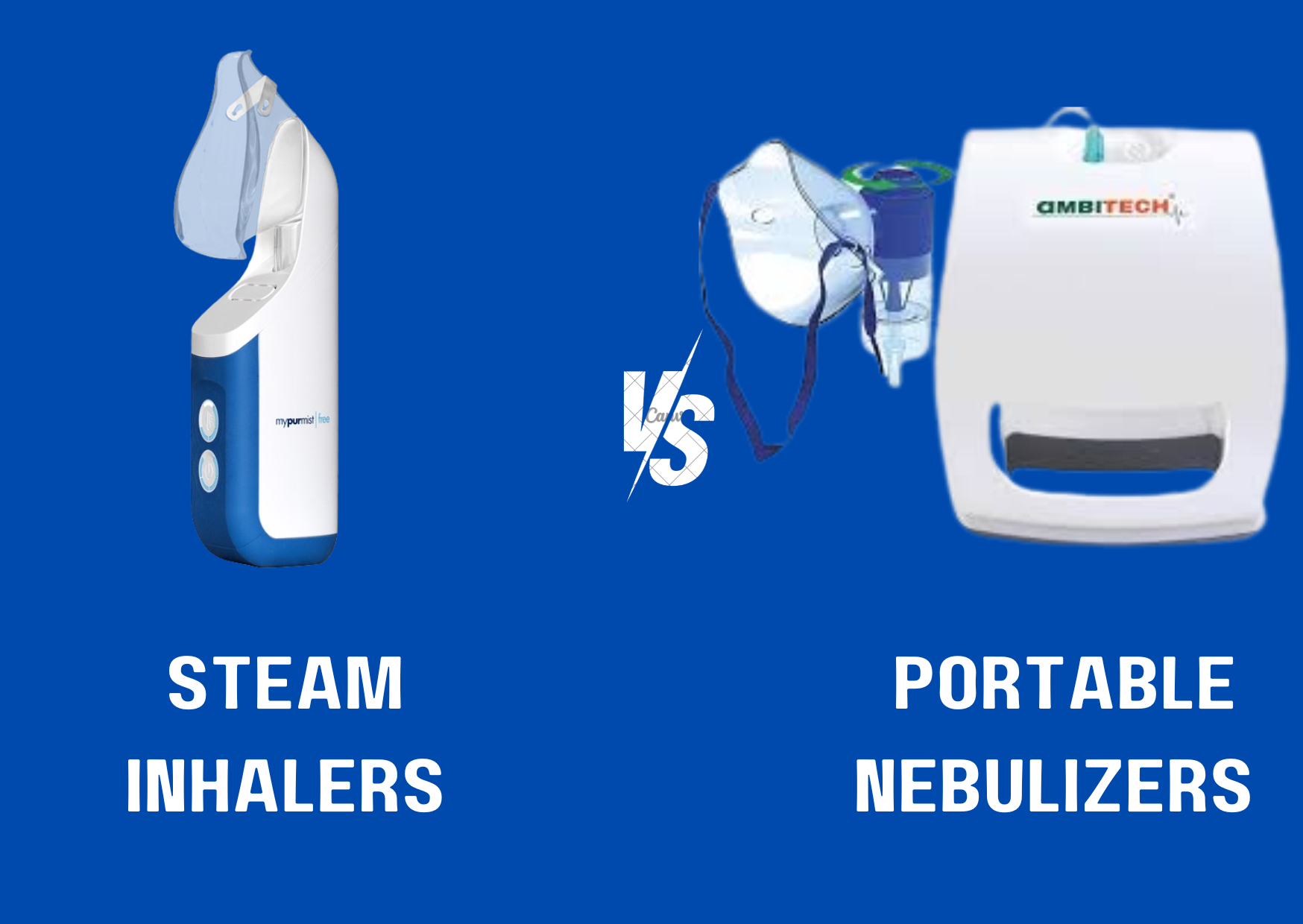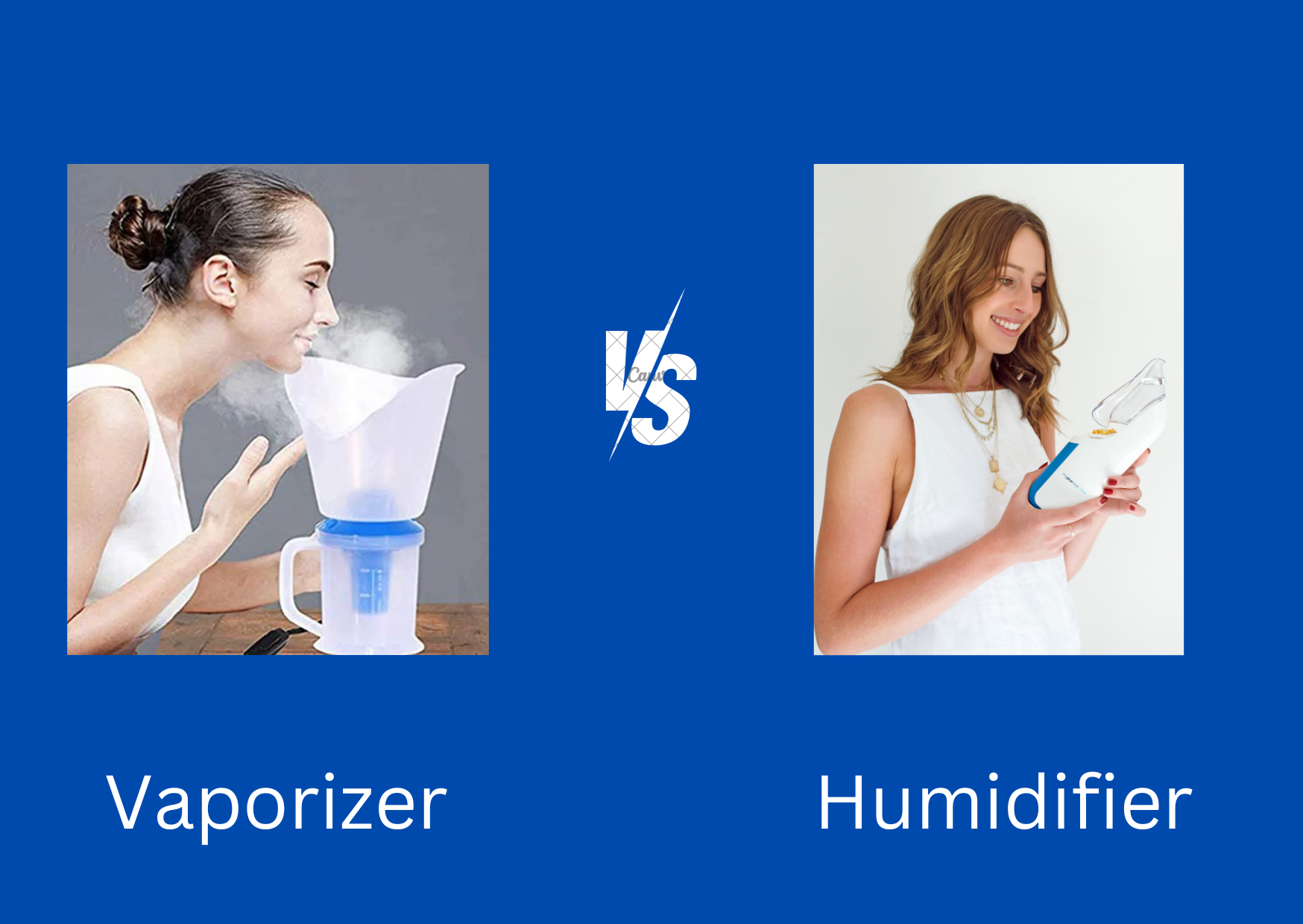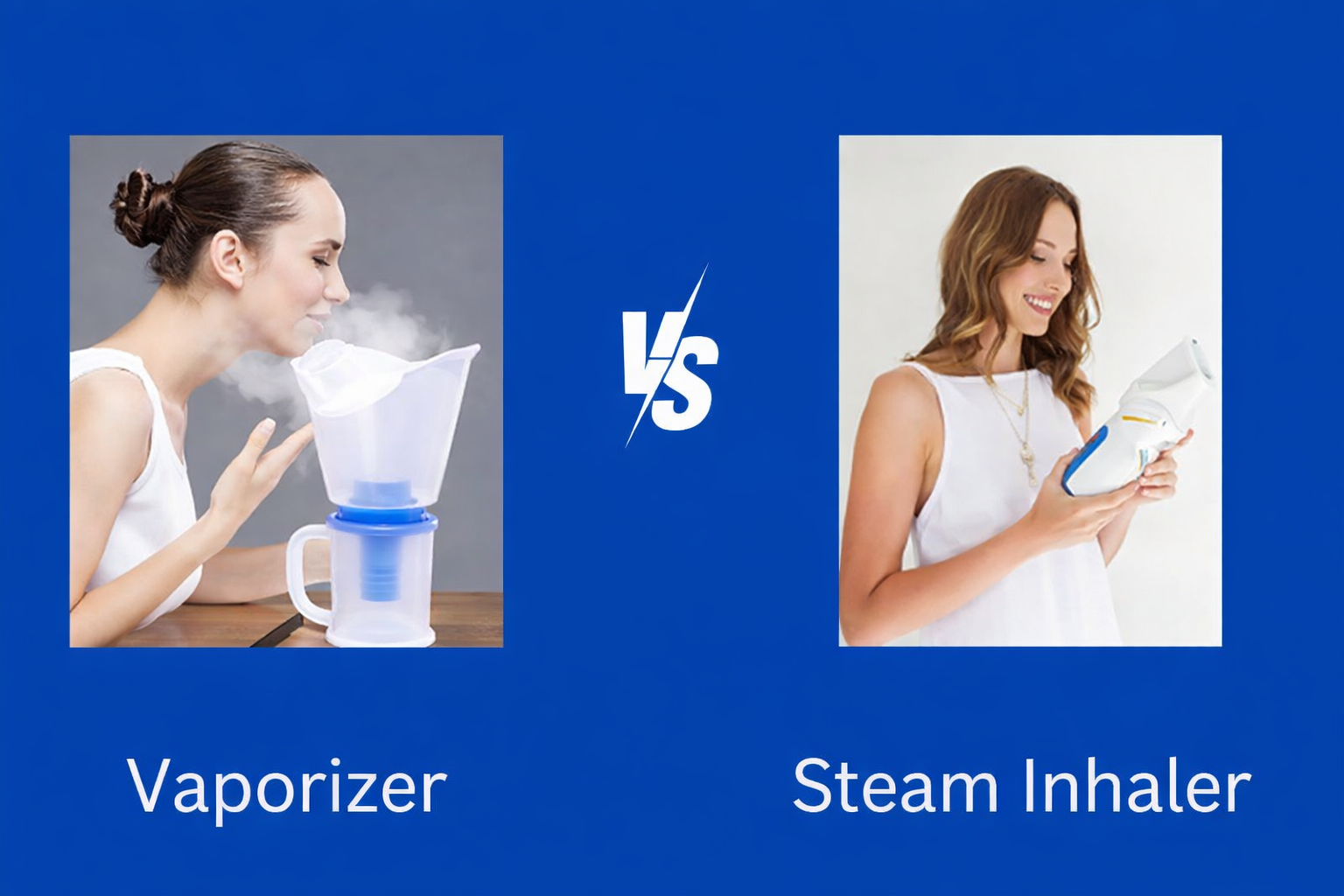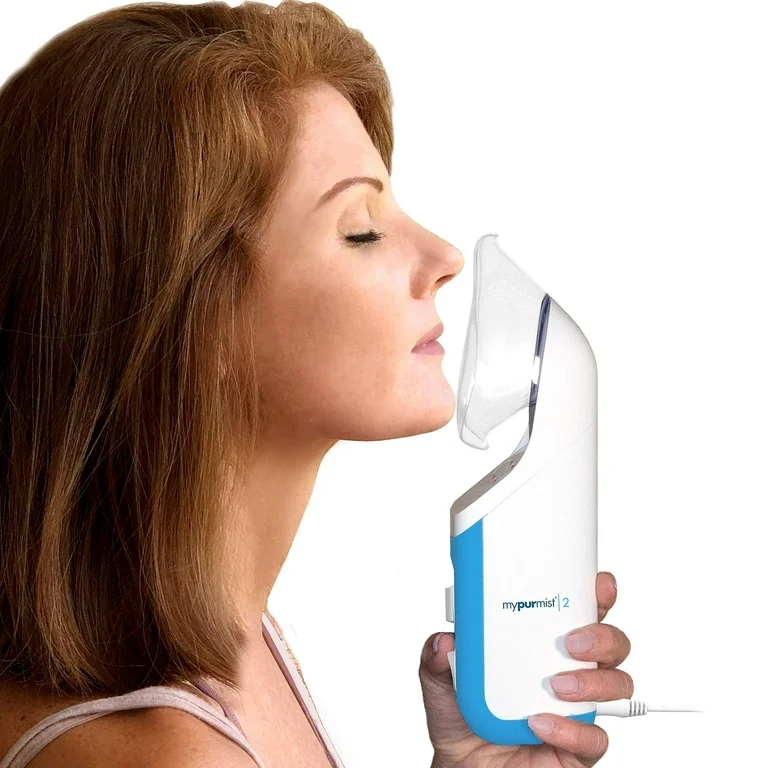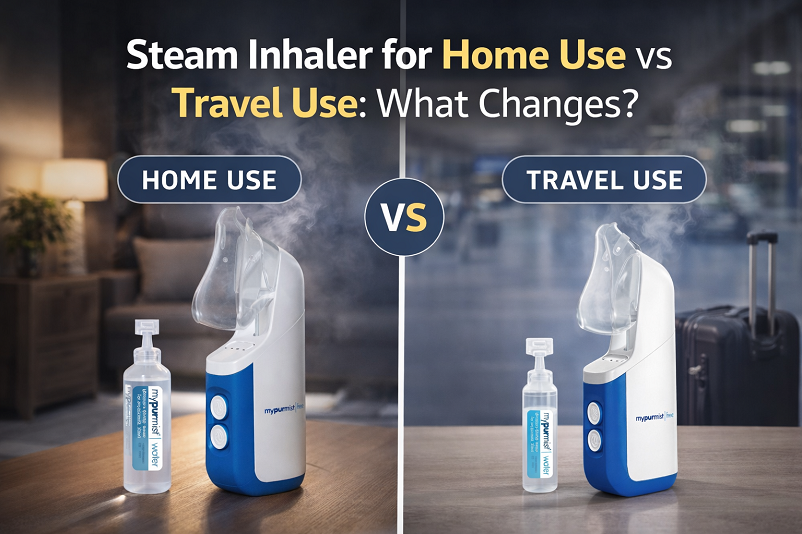Silenced Voices: Understanding Laryngitis Inside Out

When laryngitis kicks off, people frequently don't realize they have it until they experience hoarseness or total voice loss. It takes away our ability to speak with ease, like a silent robber. We examine the symptoms, causes, and remedies of laryngitis in this blog post as we delve into its complexities.
What is Laryngitis?
Laryngitis is an inflammation of the larynx or voice box. Unlike acute laryngitis which lasts for a short duration, chronic condition occurs if it continues for weeks or months. Acute laryngitis occurs usually due to viral illnesses, such as the common cold and flu. On the other hand, chronic conditions occur due to overuse of vocal cords or persistent irritation. It is quite common in people who sing or shout a lot.
Symptoms of Laryngitis
Given below are some common laryngitis symptoms you need to know about:
- Hoarseness or Loss of Voice:
Differences in voice quality, leading to raspy and hoarse voice or complete loss of voice, is a common sign of this condition. Due to edema and inflammation, vocal cords are unable to vibrate smoothly during speech production.
- Dry Cough:
Another common sign of laryngitis is a dry, persistent cough that occurs due to irritation of airways and throat linings. This cough can worsen throat soreness and the hoarseness becomes non-productive due to a lack of enough phlegm or mucus.
- Sore Throat:
From minor discomfort to extreme pain, a scratchy or sore throat can range in severity for various reasons. This sensation often comes up with irritation and inflammation, causing more throat issues. It further worsens while talking, swallowing, or coughing.
- Difficulty Swallowing:
People with laryngitis often find it hard to swallow due to inflammation and soreness of the throat. Referred to as dysphagia, this symptom accompanies a sensation of tightness or obstruction in the throat. This can vary in terms of severity - from minor to extreme impairment while swallowing.
- Throat Pain or Irritation:
Laryngitis patients can experience variable degrees of irritation or throat pain, from mild scratchiness to extreme anguish. Commonly confined to the throat region, this weird sensation becomes worse due to swallowing, speaking, or coughing.
How Long Does Laryngitis Usually Last?
The duration of laryngitis may last depending on the underlying cause of this condition. While the chronic condition may linger for many weeks or more, the acute condition goes away within a week or two. However, if symptoms become worse with time or if swallowing or breathing becomes hard, it’s best to consult a doctor.
Is Laryngitis Contagious?
Laryngitis is not contagious most of the time. However, respiratory droplets may get exploited due to viruses, which causes the spreading of infection from one person to another if brought on by viral infection, like the common cold or flu. So, it’s best to maintain excellent hygiene to stop the spreading of the virus. For this, consider washing your hands frequently and avoiding close contact with ill people.
Laryngitis Treatment
Here are some easy treatment options to cure laryngitis:
- Staying Hydrated:
Stay hydrated by drinking a lot of water to keep your throat moist and free from irritation. Consider having herbal teas, warm broths, and water for general hydration to relieve sore throat.
- Using a Humidifier:
The use of a humidifier can also help in maintaining ideal moisture levels within the air to prevent throat irritation. This device is helpful particularly in dry regions or during the winter. It is also helpful for people who are prone to irritation and dryness or with chronic laryngitis.
- Rest Your Vocal Cords:
For proper healing, it’s crucial to rest your vocal cords. It means to hold back on excessive yelling, talking, or singing until the symptoms improve.
- Steam Inhalation:
Steam inhalation can help with laryngitis symptoms by lowering inflammation and hydrating the throat. employing a towel over the head while leaning over a bowl of hot water is a classic way of steam inhalation. Other methods include employing gadgets such as MyPurmist. The MyPurmist2 Plug-in and the MyPurmist Free Cordless are two of MyPurmist's ultrapure steam inhalers, which provide drug-free, all-natural treatment for sinus congestion, colds, and allergies.
- Over-the-Counter Medications:
Painkillers without a prescription, including acetaminophen or ibuprofen, can help reduce laryngitis-related discomfort, such as inflammation and sore throat. Benzocaine-containing throat lozenges or sprays can offer momentary relief from irritation and pain.
Steam Inhalation and MyPurmist
For many years, laryngitis sufferers have turned to steam inhalation as a natural treatment for respiratory conditions. The MyPurmist Free Cordless and MyPurmist2 Plug-in are the two ultrapure steam inhaler models that MyPurmist offers.
The best plug-in steam inhaler without drugs is the MyPurmist2 Plug-in, which offers natural therapy. Users can enjoy the advantages of steam inhalation anywhere there is a power outlet thanks to its user-friendly design.
On the other hand, the MyPurmist Free Cordless Ultrapure Steam Inhaler provides the same ultrapure steam therapy with the added benefit of cordless operation. For those who want to be able to walk around freely and conveniently while receiving steam therapy, this version is ideal.
Conclusion
Recognizing laryngitis entails identifying its indications, investigating available therapies, and employing cures like steam inhalation with items like MyPurmist to mitigate its consequences. We can make sure that muted voices are heard again by being proactive and getting the right medical attention.


